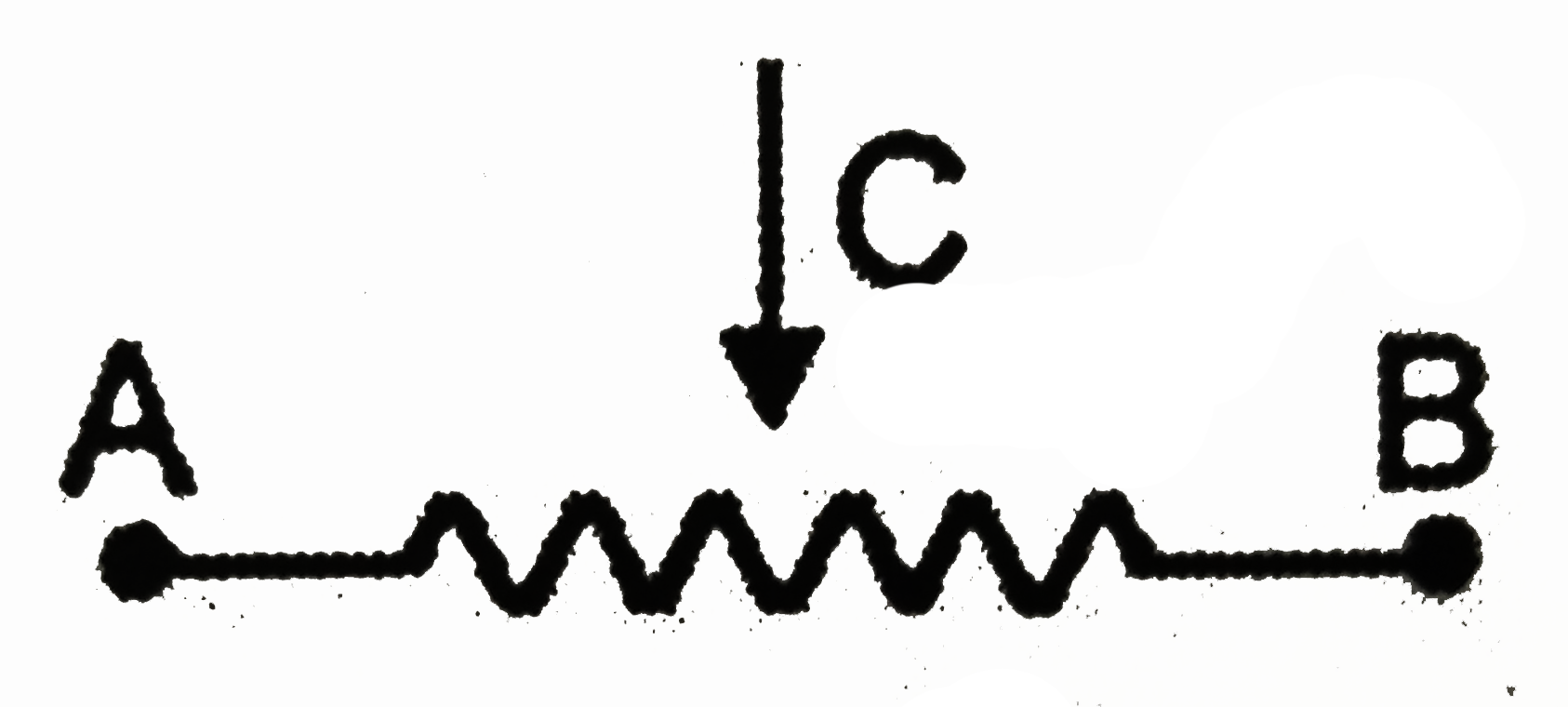Terminalization is completed in
Diakinesis
Lepotene
Zygotene
Diplotene
The correct Answer is:A
To answer the question "Terminalization is completed in," we will analyze the options provided step by step.
Step 1: Understand Terminalization
- Terminalization refers to the process during meiosis where the homologous chromosomes become fully separated and are positioned at the poles of the cell. This process is crucial for the proper segregation of chromosomes during cell division.
Step 2: Evaluate the Options
1. Dichinesis: This is the final stage of prophase I in meiosis where terminalization is completed. It is characterized by the complete separation of homologous chromosomes and the movement towards the poles of the cell.
2. Lipotene: This is an early stage of prophase I where chromosomes begin to condense but are not yet fully paired or separated. Thus, terminalization does not occur here.
3. Zygotene: In this stage, homologous chromosomes begin to pair up (synapsis) and form a synaptonemal complex. Terminalization is not completed at this stage.
4. Diplotene: During this stage, the synaptonemal complex begins to disappear, and while homologous chromosomes are still paired, terminalization is not yet complete.
Step 3: Conclusion
Based on the analysis, terminalization is completed in Dichinesis.
Final Answer
Terminalization is completed in Dichinesis.
---
- Terminalization refers to the process during meiosis where the homologous chromosomes become fully separated and are positioned at the poles of the cell. This process is crucial for the proper segregation of chromosomes during cell division.
1. Dichinesis: This is the final stage of prophase I in meiosis where terminalization is completed. It is characterized by the complete separation of homologous chromosomes and the movement towards the poles of the cell.
2. Lipotene: This is an early stage of prophase I where chromosomes begin to condense but are not yet fully paired or separated. Thus, terminalization does not occur here.
Based on the analysis, terminalization is completed in Dichinesis.
Terminalization is completed in Dichinesis.
Similar Questions
Connect a battery to the terminals and completer the circuit diagram fo that it works as a potential divider meter. Indicate the output terminals also.

View SolutionAssertion: Terminal oxidation occurs both in aerobic and anaerobic condtions.
Reason: Terminal oxidation occurs at terminal step of respiration.
View Solution
Knowledge Check
Terminalization is related to
ADiakinesisBMeiosisCMitosisDDiploteneTerminal oxidation comprises
ASynthesis of metabolic waterBElectron transportCOxidative phosphorylationDAll the aboveTerminalization of chiasmata is the characteristic features of:
AMitosisBMeiosis IICDiakinesisDCytokinesis
